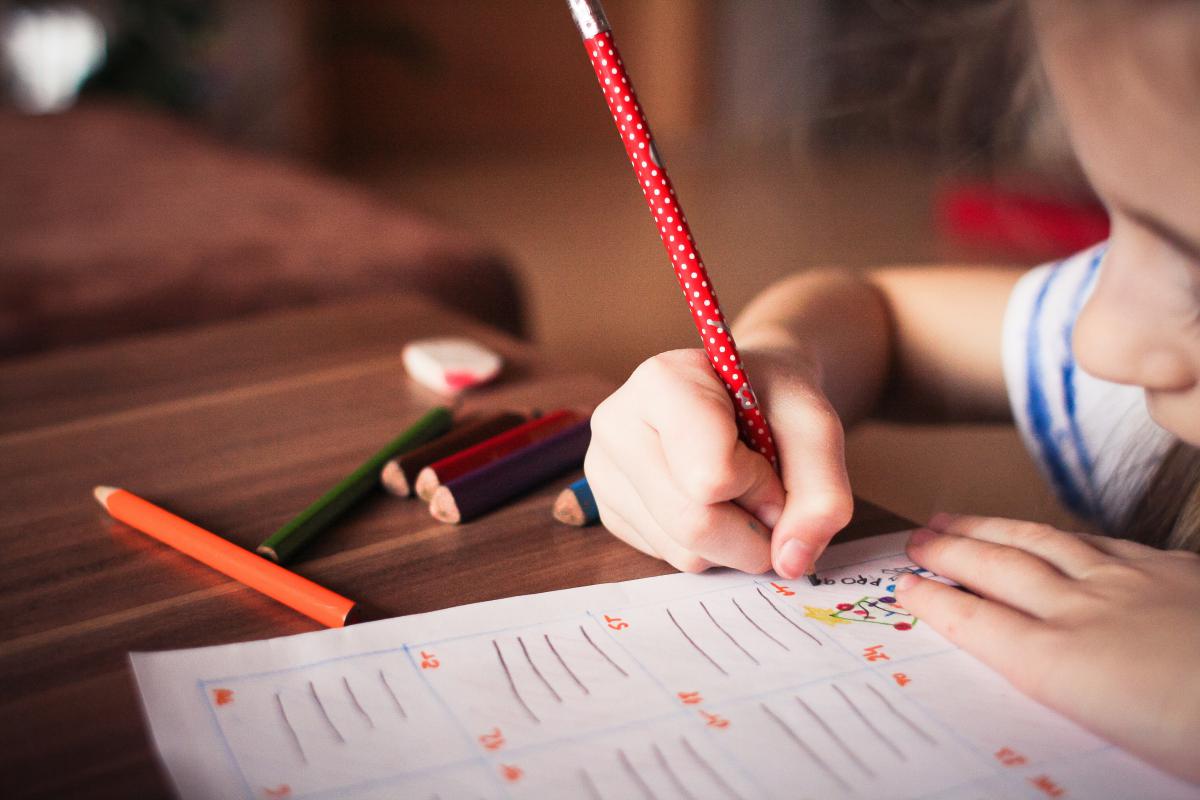
Two Small Steps for the Family Coping with ADHD/LD
January 10, 2018
Small Group Instruction and Grade-Level Benchmarks
January 31, 2018
If the teacher tells you that your child is “on the bubble,” he is not referring to her skill with soap. He is saying that your student’s score on some academic standard is right at the boundary between meeting a benchmark or falling below it.
It could mean that your child correctly answered one question above the cutoff score that would trigger help in a particular subject. Being “on the bubble” is not a secure, comfortable place to be with regard to academic achievement. A child who is “on the bubble” on a test of word reading or reading comprehension does not have secure skills. On the next test of progress monitoring, she could just as easily fall below benchmark by missing the cutoff by one point.
The student who is below the cutoff will likely be offered some type of small group instruction. Your student, who is one point above the cutoff, may not be offered support. Yet, your student is barely meeting the standard for his grade! First of all, make the teacher aware that you know your student does not have secure skills in that academic area based on his score. The low end of the benchmark for passing is not a sign of mastery. What does the teacher or intervention specialist suggest for the student?
Express willingness to take action to help the student move to a more comfortable skill level. Practice skill areas that are falling at the low end of “OK.” That practice could be reading out loud to you for ten minutes every night and discussing the material with you. The student could do a few math problems from material that has been covered at school. There are workbooks available online, or the teacher might have some supplemental materials she could share with you. Most teachers are happy to partner with you when a parent is willing to help and wants direction.
Sometimes trying to be your child’s teacher disrupts the parent-child relationship.

Ask at school if there is a retired teacher or an after-school program who can provide the extra practice that is needed. Ask friends and neighbors for recommendations. If you have concerns about your child’s ability to sustain her concentration and pay attention to details, now may be the time for an assessment.
Blogger Mary Ann Mulcahey, PhD, shares her expertise in assessment and diagnosis of learning disabilities and ADHD, and the social/emotional adjustment to those issues. If you have questions, please contact Mary Ann at .



